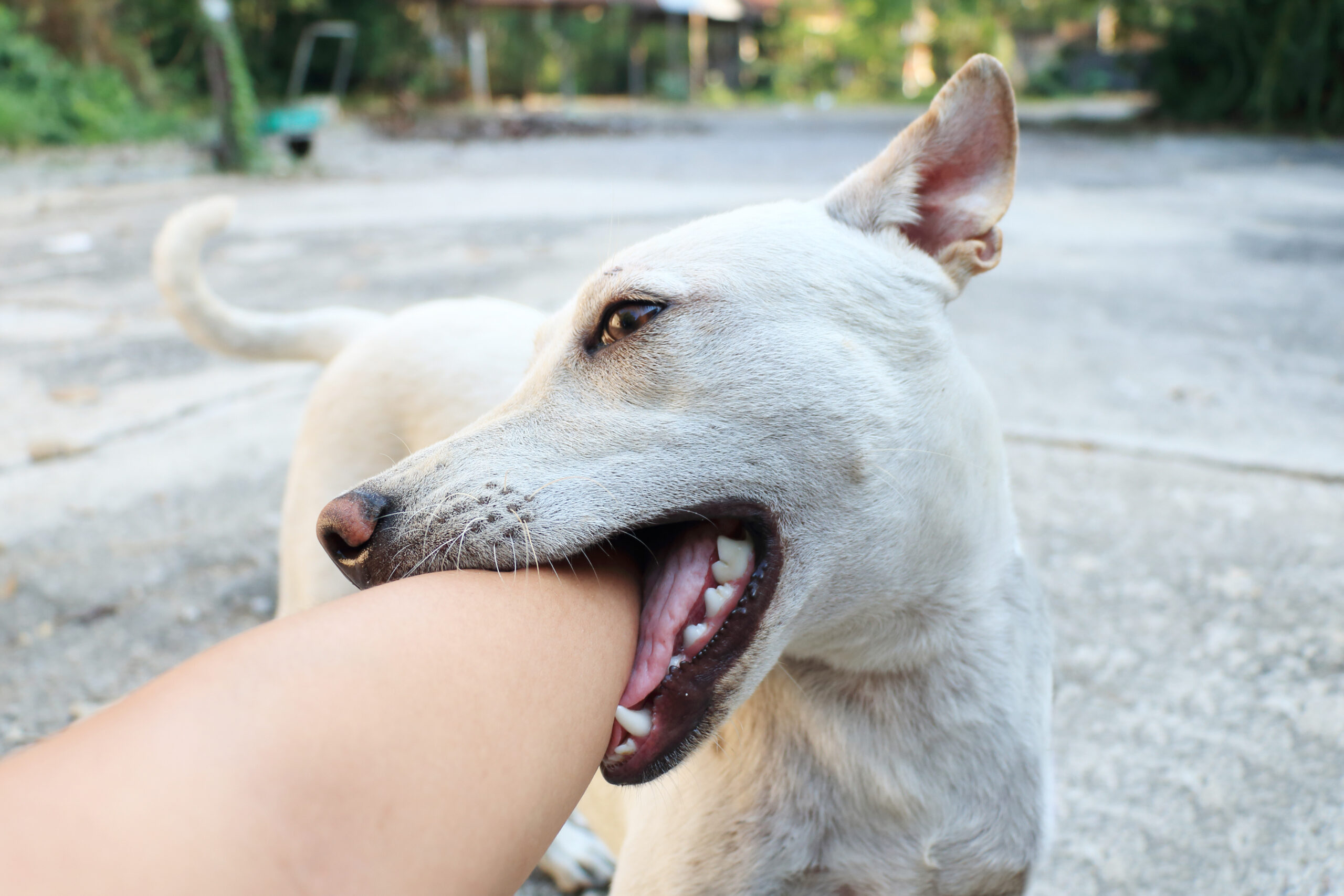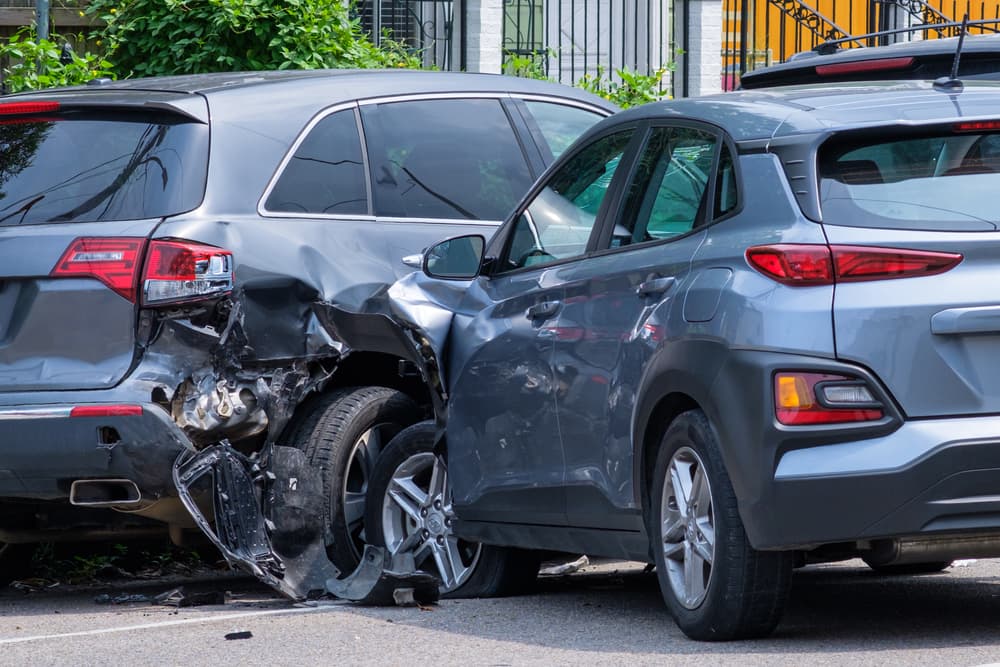Getting hurt on someone else’s property can be a scary and confusing experience. You might be dealing with injuries, medical bills, and lost income. In these situations, it’s important to understand premises liability. This area of law holds property owners responsible when people get hurt due to unsafe conditions.
If you get injured on someone else’s property, you may have a premises liability case. But how do you prove it? Here, we will explain the key elements of premises liability and how a premises liability lawyer can help. We’ll cover what evidence you need, common cases, and why having a lawyer is so important.
Remember, if you suffered an injury on someone else’s property, it’s a good idea to talk to a premises liability lawyer right away. An attorney can review your case and help protect your rights. Now, let’s dive into how to prove premises liability.
What Is Premises Liability?
 Premises liability is a legal idea that property owners are responsible for keeping their property safe.
Premises liability is a legal idea that property owners are responsible for keeping their property safe.
This includes things like:
- Fixing broken stairs or railings
- Cleaning up spills quickly
- Putting up warning signs for hazards
- Keeping walkways clear of ice and snow
- Making sure there’s good lighting in dark areas
When property owners don’t care for these things, people can get hurt. That’s when premises liability comes into play.
Some common premises liability accidents include:
- Slips and falls
- Trips and falls
- Swimming pool accidents
- Elevator or escalator accidents
- Fires
- Assaults due to poor security
If you suffered an injury in one of these ways or another accident on someone’s property, you might have a premises liability case. A premises liability lawyer can determine if you have a strong case.
Elements of a Premises Liability Case
To prove premises liability, a lawyer needs to show several things:
- The property owner had a duty of care
- The property owner failed in that duty
- This failure caused your injury
- You suffered real damages
Let’s break these down one by one.
Duty of Care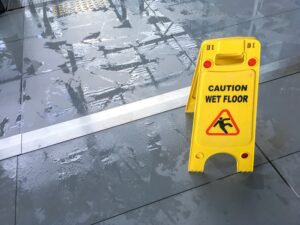
The first thing a premises liability lawyer needs to prove is that the property owner had a duty to keep you safe. This duty depends on why you were on the property.
If you were invited onto the property, like a customer in a store, the owner has the highest duty of care. They need to regularly check for hazards and fix them quickly.
The owner still has a duty if you were allowed on the property but not invited, like a delivery person. They need to warn you about any known dangers.
Even if you were trespassing, the owner can’t set traps or purposely try to hurt you.
A premises liability lawyer can explain which category you fall into and what that means for your case.
Failure of Duty
Next, a lawyer needs to show the property owner didn’t meet their duty.
This can mean they:
- Knew about a danger but didn’t fix it
- Should have known about a danger but didn’t check
- Fixed a problem in a careless way
- Didn’t warn people about a known hazard
For example, if a store knew about a spill but didn’t clean it up for hours, that can be a failure of duty.
Causation
The lawyer then needs to show this failure directly caused your injury. In other words, if the property owner had done their job right, you wouldn’t have gotten hurt.
Let’s say you fell on a broken step. You wouldn’t have fallen if the property owner had fixed the step when they first noticed it was broken. That’s causation.
Damages
Finally, a premises liability lawyer needs to show you suffered real harm.
This can include:
- Medical bills
- Lost income
- Pain and suffering
- Emotional distress
If you didn’t have any injuries or costs from the accident, you might not have a case even if the property was unsafe.
Types of Evidence in Premises Liability Cases
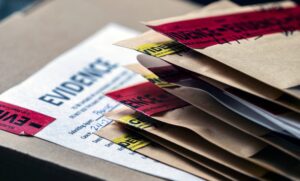 A premises liability lawyer will gather different types of evidence to prove these elements. Here are some common forms of evidence:
A premises liability lawyer will gather different types of evidence to prove these elements. Here are some common forms of evidence:
Photos and Videos
Pictures of the accident scene can be very powerful evidence.
They can show:
- The exact condition that caused your injury
- Any warning signs (or lack of them)
- The overall state of the property
If there are security cameras, the footage might show your accident happening. This can be strong evidence of what went wrong.
Incident Reports
Many businesses must fill out reports when someone gets hurt on their property. These reports can contain important details about what happened.
Maintenance Records
These records can show if the property owner took care of the property. For example, if a handrail was loose, maintenance records might show the owner knew about it but didn’t fix it.
Witness Statements
People who saw your accident can give statements about what happened. They might have seen the dangerous condition before you got hurt.
Expert Testimony
Sometimes, a premises liability lawyer might bring in expert witnesses, including:
- Safety experts who can talk about proper maintenance
- Doctors who can explain your injuries
- Economic experts who can calculate your lost income and future costs
Your Medical Records
Your medical records show:
- What injuries you suffered
- What treatment you needed
- How much your medical care cost
- How long your recovery might take
Weather Reports
In some cases, like slips and falls on ice, weather reports can be important. They can show if the property owner should have known about dangerous conditions.
Building Code Violations
A property that isn’t up to code can constitute strong evidence that its owner wasn’t taking proper care of it.
A good premises liability lawyer knows how to gather and use all this evidence to build a strong case.
Common Types of Premises Liability Cases
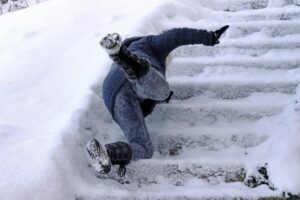 While every case is unique, some premises liability cases are more common than others. Here is some additional information regarding some of the most frequent premises accidents:
While every case is unique, some premises liability cases are more common than others. Here is some additional information regarding some of the most frequent premises accidents:
Slip and Fall Accidents
These are probably the most well-known types of premises liability cases. They can happen when floors are wet or slippery, walkways have ice or snow, carpets or rugs are loose, or the floor level changes unexpectedly.
A premises liability lawyer can show that the property owner should have known about and fixed these hazards.
Trip and Fall Accidents
These are similar to slips and falls but involve tripping over something. Common causes include uneven sidewalks, potholes in parking lots, cords or wires across walkways, and objects left in aisles or walkways. Again, a lawyer can help prove the property owner was negligent in allowing these hazards.
Inadequate Security
Property owners need to provide reasonable security. You might have a case if you’re attacked on someone’s property because of poor security. This can involve broken locks, poor lighting, or a lack of security guards in high-crime areas.
Swimming Pool Accidents
Pool owners need to take special care to prevent accidents. This includes fencing the pool area, providing life-saving equipment, and marking pool depths. If these safety measures aren’t in place and someone gets hurt, a premises liability lawyer can help hold the owner responsible.
Elevator and Escalator Accidents
These can cause serious injuries. Property owners need to maintain this equipment properly. If they don’t, and someone gets hurt, you can hold them liable.
Fire Injuries
Property owners must follow fire safety codes. This includes having working smoke detectors and clear fire exits. If they don’t, a premises liability case might recover compensation if a fire causes injuries.
Toxic Exposure
You might have a case if you’re exposed to harmful chemicals or substances on someone’s property. These can include lead paint, asbestos, or carbon monoxide.
How a Premises Liability Lawyer Can Help
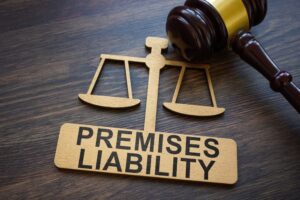 If you’ve suffered an injury on someone else’s property, a premises liability lawyer can help. Here’s how:
If you’ve suffered an injury on someone else’s property, a premises liability lawyer can help. Here’s how:
Investigating Your Case
A lawyer knows what evidence to look for and how to get it. An attorney can visit the accident scene, talk to witnesses, get copies of incident reports, review maintenance records, and hire experts if needed. This thorough investigation can make your case much stronger.
Dealing with Insurance Companies
After an accident, you’ll probably hear from the property owner’s insurance company. They might offer you a quick settlement. But this offer is often much less than your case is worth.
A premises liability lawyer can handle all communication with the insurance company. An attorney knows how to negotiate for a fair settlement. If the insurance company doesn’t offer enough, a lawyer can take your case to court.
Calculating Your Damages
It can be hard to know how much your case is worth. A premises liability lawyer can help determine all your damages, including current and future medical bills, lost income, pain and suffering, emotional distress, and loss of enjoyment of life. An attorney makes sure you don’t settle for less than you deserve.
Proving Liability
As we discussed earlier, proving premises liability involves several elements. A lawyer knows how to build a strong case that shows the property owner had a duty to keep you safe. They failed in that duty, their failure caused your injury, and you suffered real damages.
Meeting Deadlines
There are strict time limits for filing a premises liability case. These are called statutes of limitations. You can lose your right to seek compensation if you miss the deadline. A premises liability lawyer knows these deadlines and ensures your case is filed on time.
Representing You in Court
Most premises liability cases are settled out of court. But if yours does go to trial, you’ll want a skilled lawyer on your side. A premises liability lawyer can present your case clearly, cross-examine witnesses, challenge the other side’s evidence, and make persuasive arguments to the judge or jury. Having a lawyer greatly increases your chances of a favorable outcome in court.
Common Challenges in Premises Liability Cases
Proving premises liability isn’t always easy. Here are some common challenges a premises liability lawyer might face:
Lack of Evidence
Sometimes, there’s not much evidence of what caused your accident. Maybe there were no witnesses, or the hazard was cleaned up right after you fell. A good lawyer can find and preserve evidence, even in tough cases.
Pre-existing Conditions
If you had a health condition before your accident, the property owner might say your injuries are from that, not their negligence. A lawyer can work with your doctors to show how the accident worsened your condition or caused new problems.
Open and Obvious Hazards
Sometimes, property owners argue that a danger was so obvious that they didn’t need to warn about it. A skilled lawyer often shows why the hazard wasn’t as obvious as the owner claims.
Low Insurance Limits
In some cases, the property owner might not have much insurance coverage. A premises liability lawyer can look for other sources of compensation, like other responsible parties.
Questions to Ask a Premises Liability Lawyer
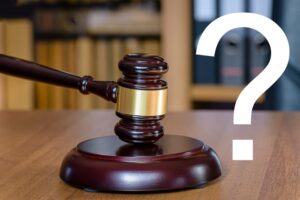 If you’re thinking about hiring a premises liability lawyer, here are some good questions to ask:
If you’re thinking about hiring a premises liability lawyer, here are some good questions to ask:
- How many premises liability cases have you handled?
- What’s your success rate with these cases?
- How do you charge for your services?
- Will I have to pay anything upfront?
- How long do you think my case will take?
- What challenges do you see in my case?
- How often will you update me on my case?
- Who will be handling my case day-to-day?
- What’s your approach to settling cases vs. going to trial?
The answers to these questions can help you choose the right lawyer for your case.
Talk to a Premises Liability Lawyer
If you’ve suffered an injury on someone else’s property, don’t try to handle your case alone. A premises liability lawyer can investigate your accident, gather evidence, deal with insurance companies, and fight for the compensation you deserve.
Remember, most premises liability lawyers offer free consultations. You can get advice on your case without any obligation. If you hire a lawyer, many work on a contingency basis. This means you don’t pay unless you win your case.
Don’t wait to get help. The sooner you talk to a premises liability lawyer, the stronger your case can be. A skilled attorney can guide you through the legal process and fight for the justice and compensation you deserve. Reach out to a personal injury lawyer today to learn more about your rights and options.


